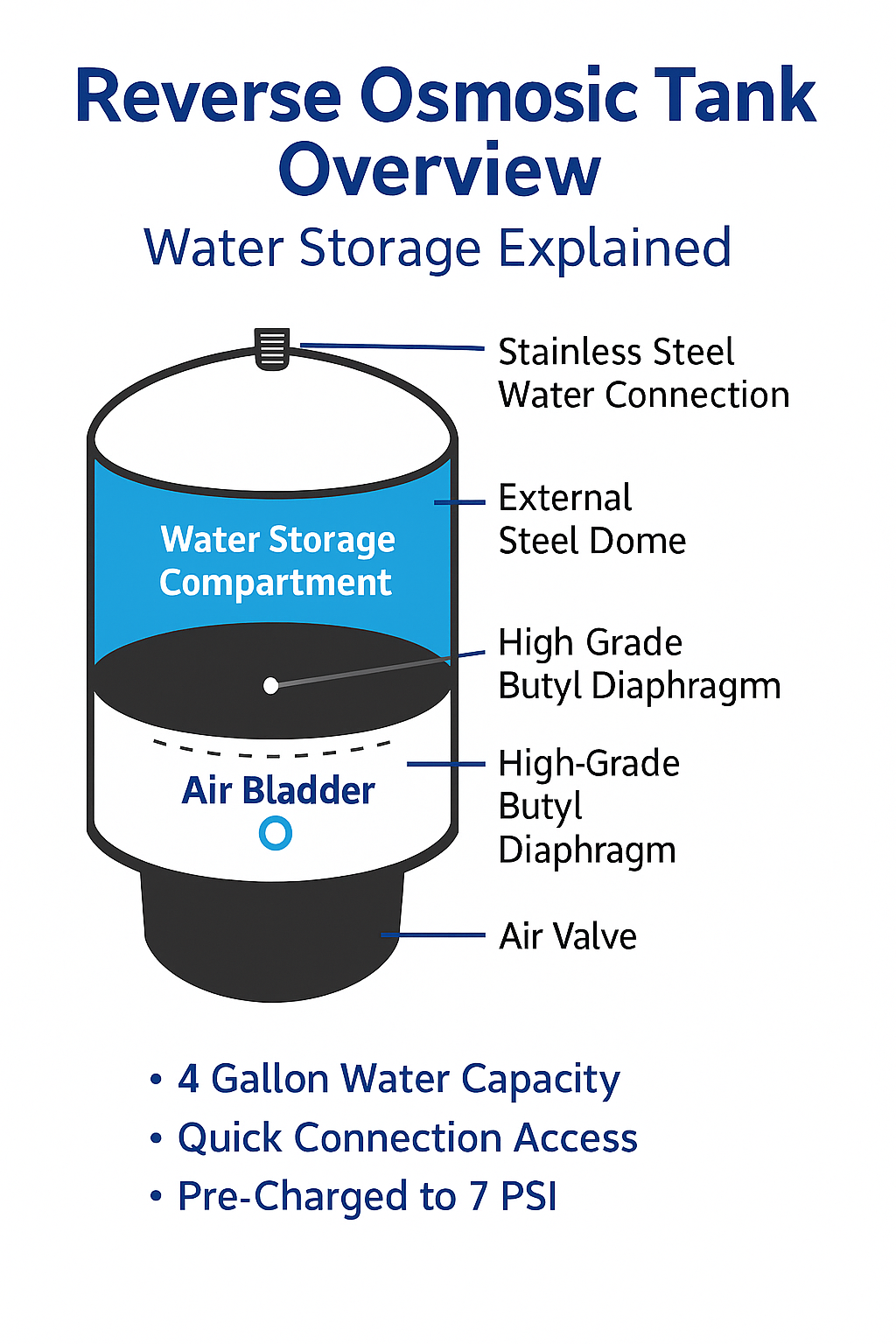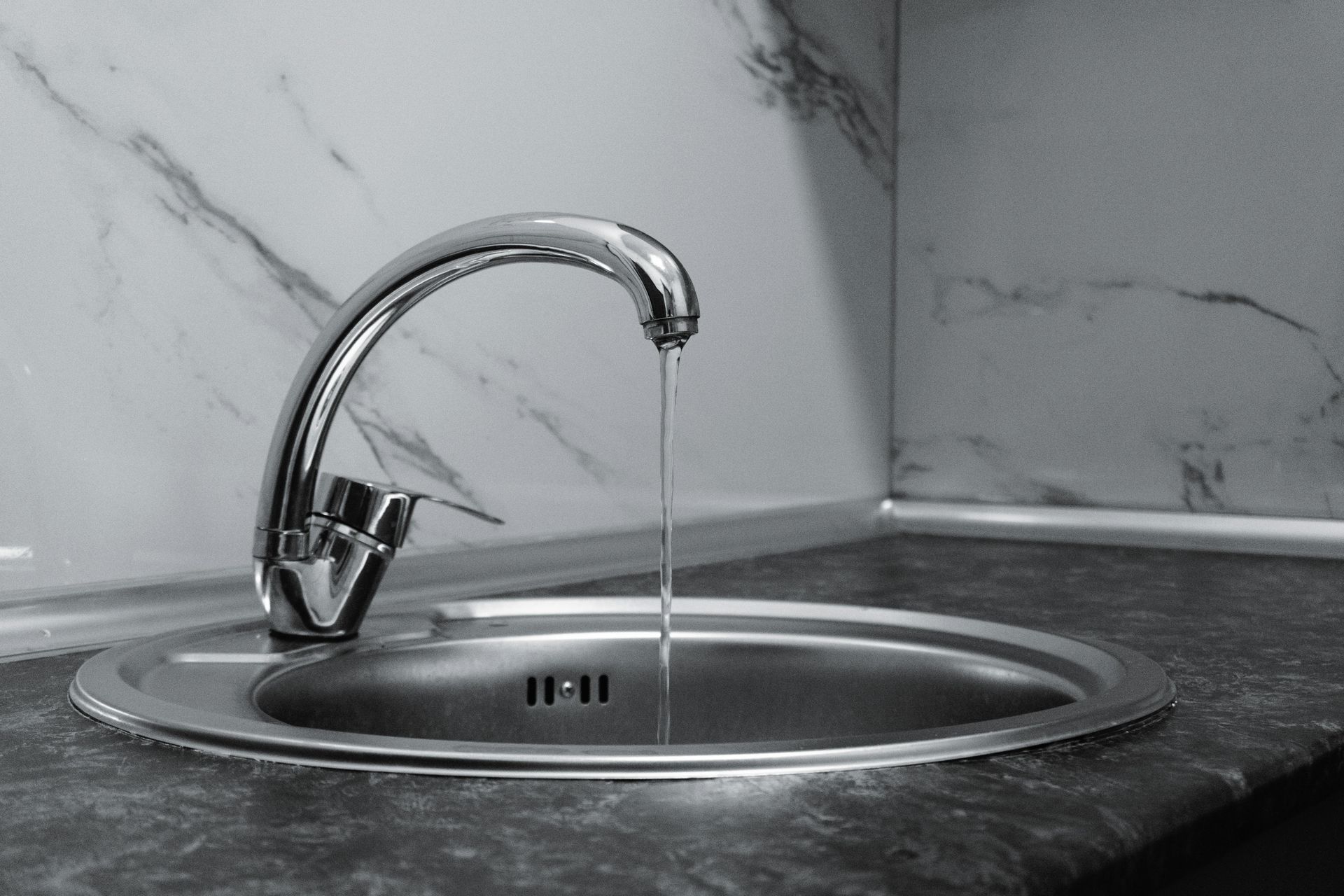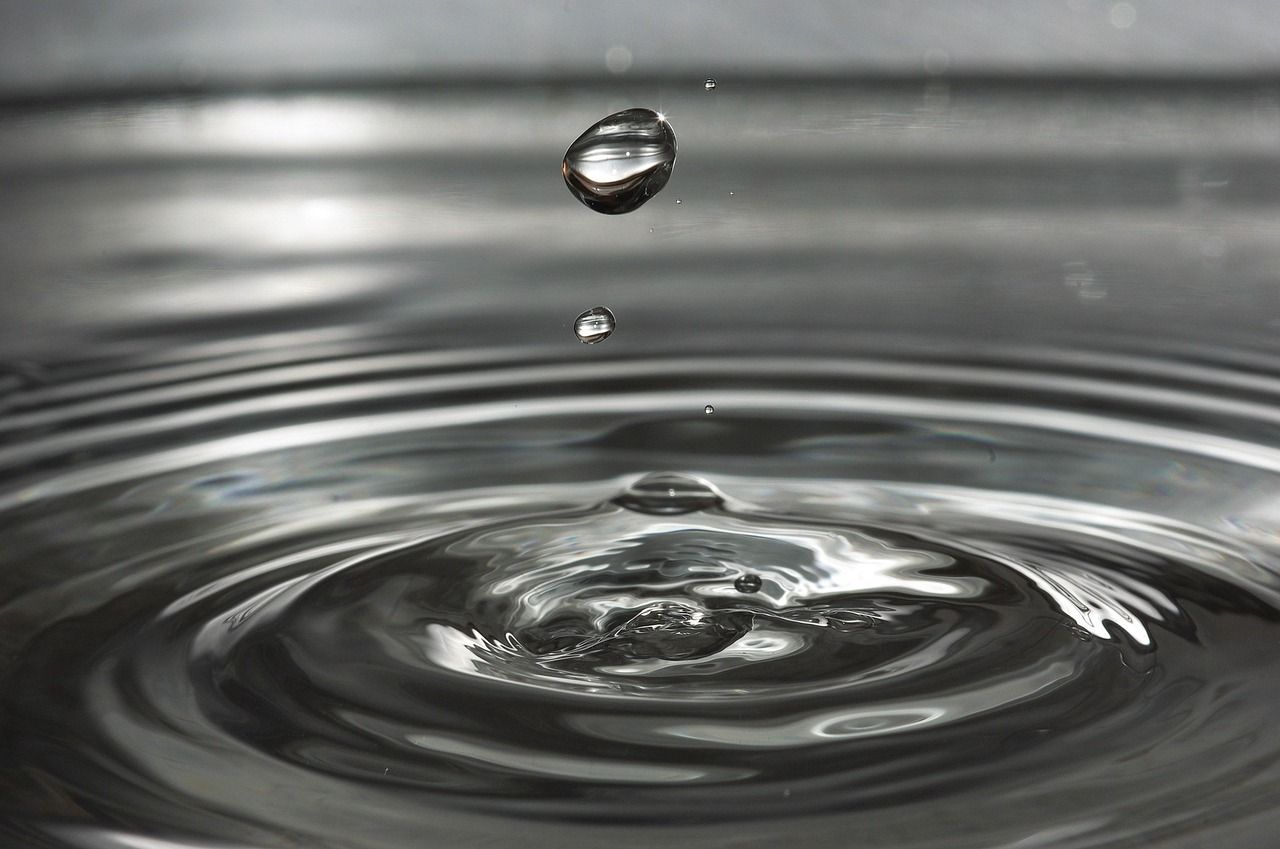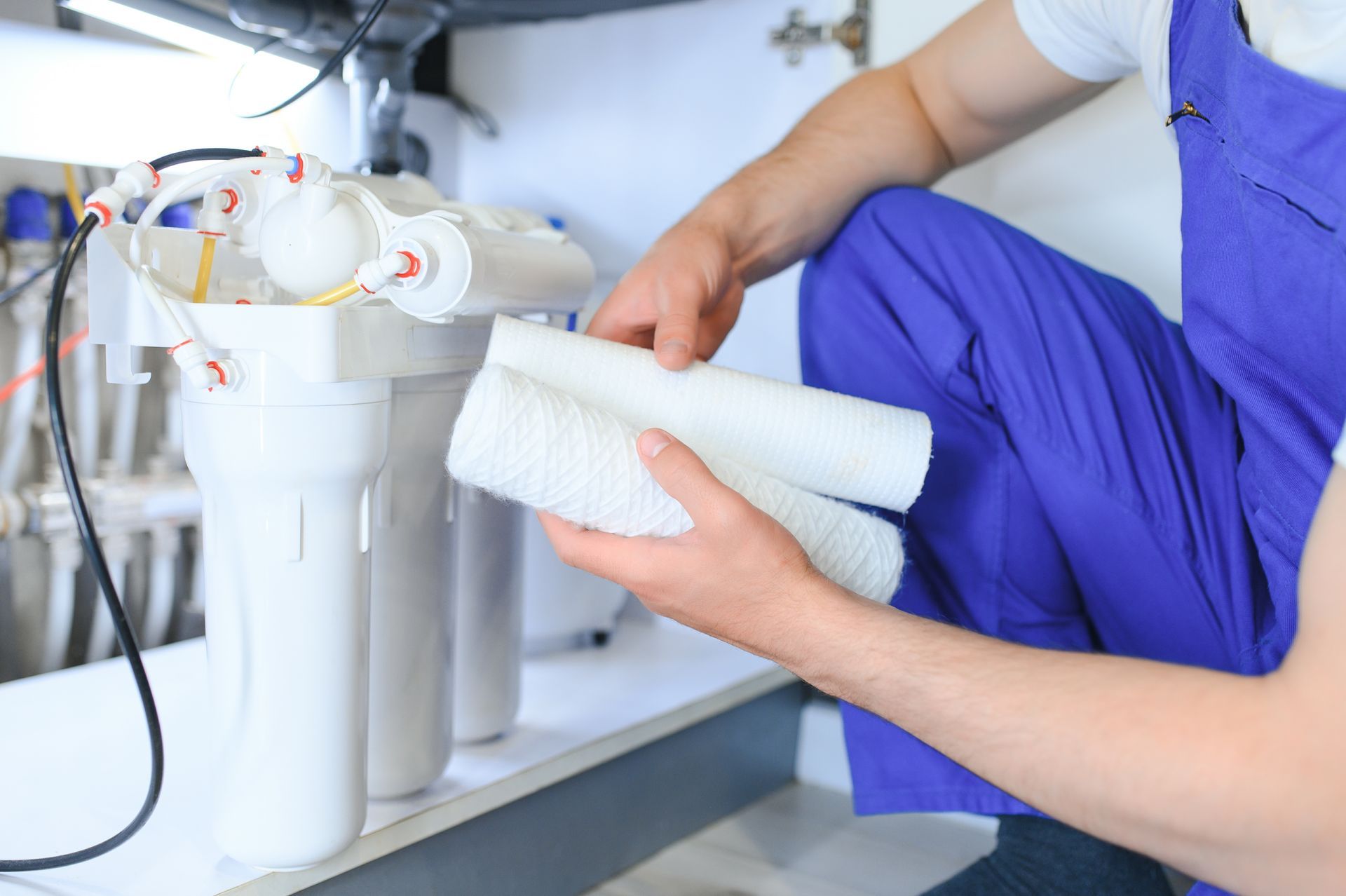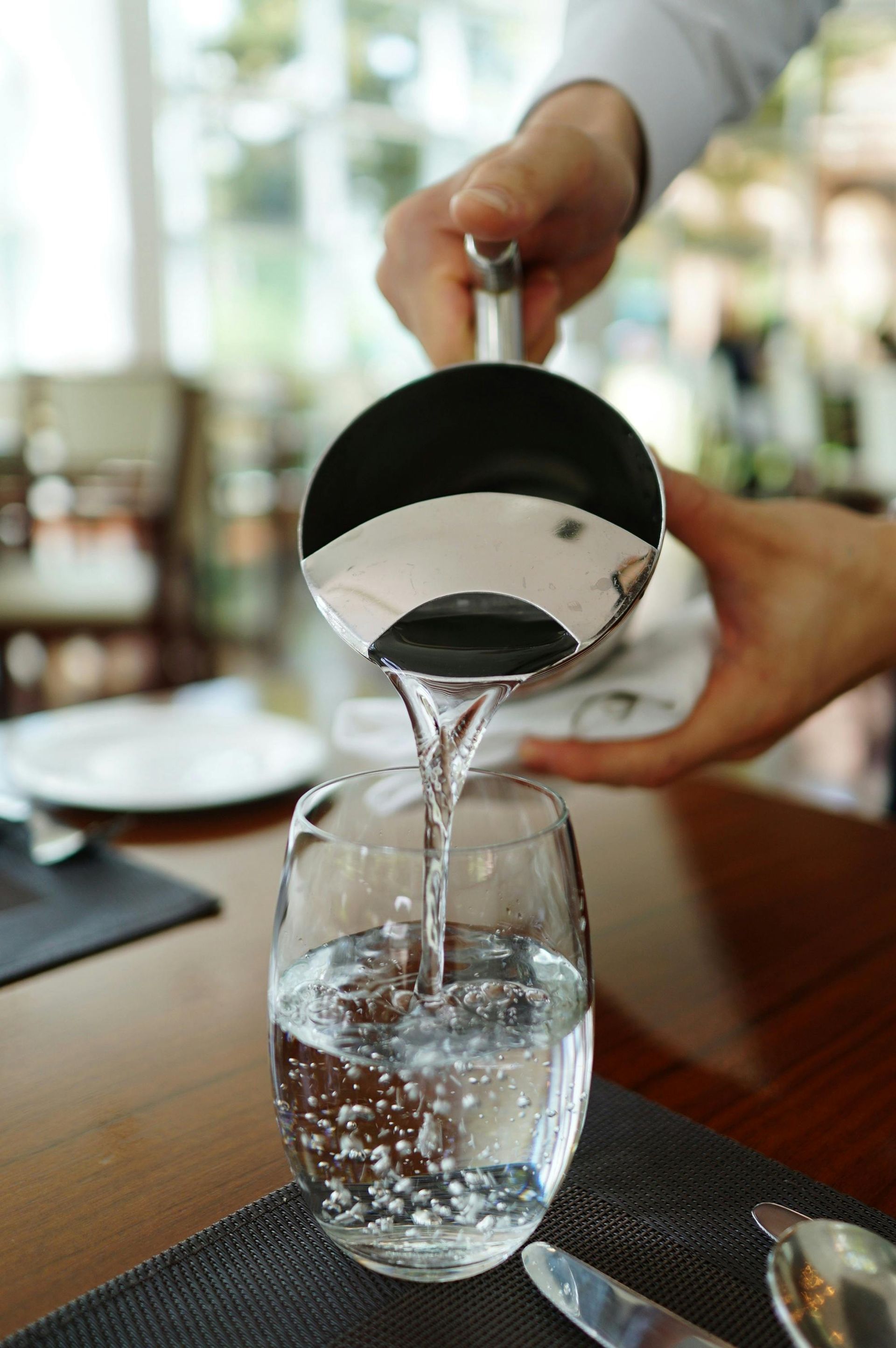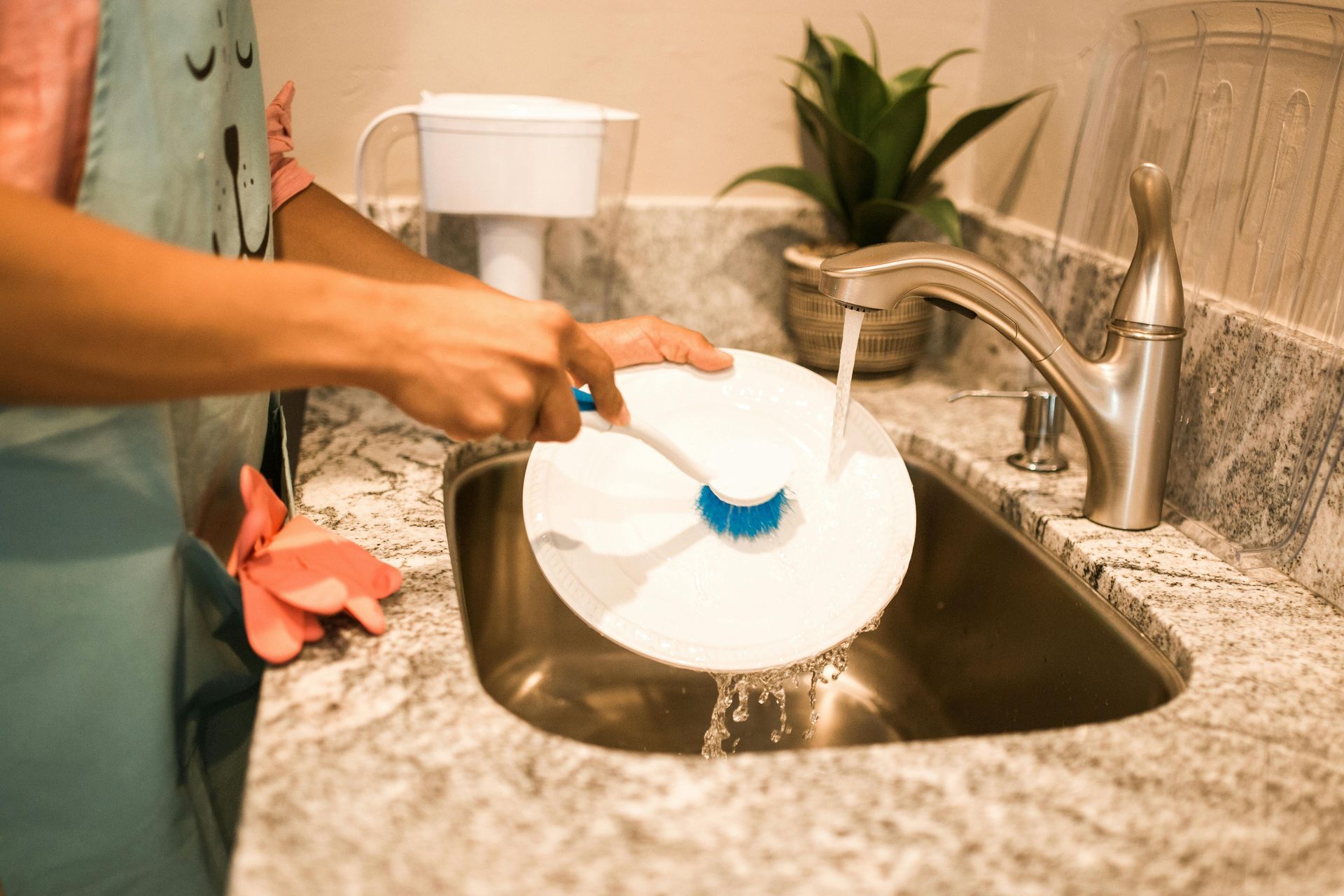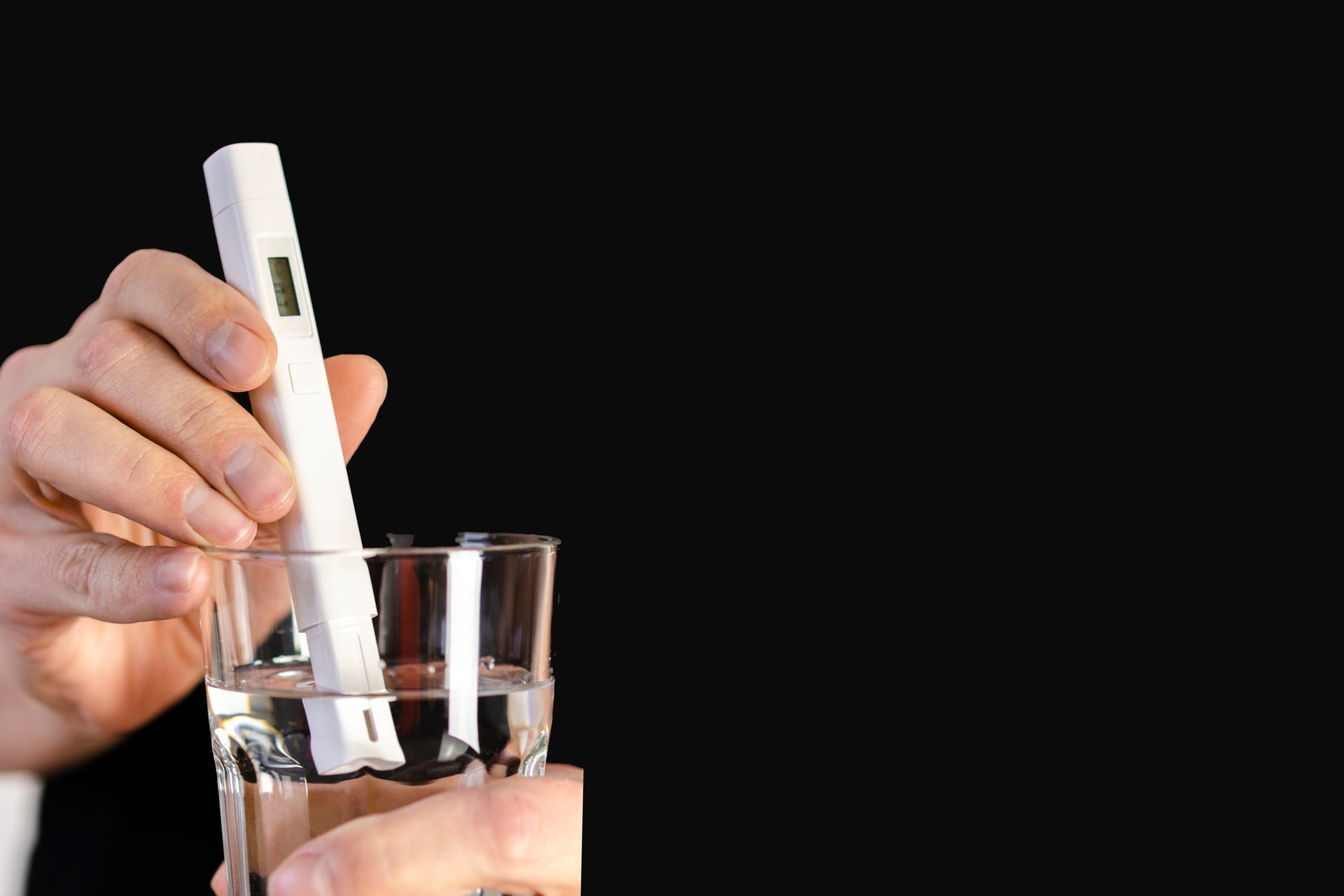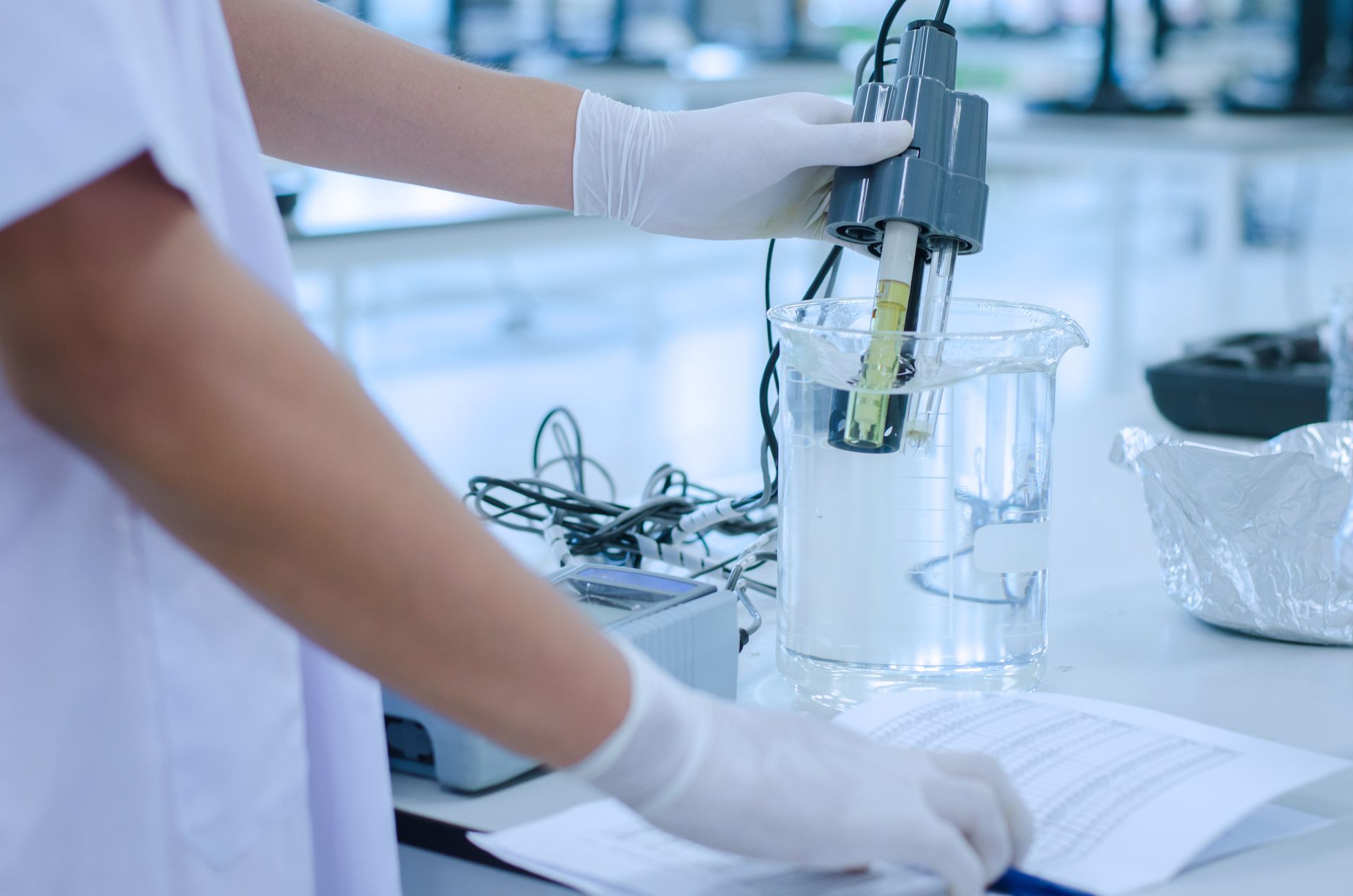Primary Solutions Consulting
Well Water Contamination: How to Protect Your Family and Home in Humble, TX
If your household relies on well water, you're likely aware of the benefits it can provide, such as independence from city water systems and potentially lower water bills. However, with these advantages comes a significant responsibility: ensuring the safety and purity of your water supply. Unlike public water systems, private wells aren't regulated by the Environmental Protection Agency (EPA), meaning homeowners are responsible for
testing water quality and treating their water. Contaminated well water can lead to a range of health issues for your family and structural problems for your home.
Understanding the Risks of Well Water Contamination
Well water can get polluted in many ways, often without you even knowing it. That’s why water quality testing services are essential to detect unseen threats and ensure safe water consumption. Here are some of the biggest threats to watch out for:
Natural Contaminants
Natural contaminants such as arsenic, radon, and nitrates can seep into groundwater from soil and rock formations. Where you live can affect the types of pollution you might find in your well water. For example, areas rich in shale or granite may have higher levels of radon, while agricultural regions may experience elevated nitrate levels due to fertilizer use. Installing home water filtration systems can help remove many of these naturally occurring elements.
Human Activities
People can also cause well water pollution through things like throwing things away wrong, broken septic tanks, farm waste, and factory waste. Pesticides, herbicides, and fertilizers used in farming can seep into the groundwater, introducing harmful chemicals into your well. Nearby livestock operations can also be a source of bacterial contamination, such as E. coli or Giardia, which can lead to severe illness. A reliable drinking water filtration system is vital in these situations.
Plumbing and Well Integrity Issues
Even if your well is located far from potential contamination sources, improper construction, age, or damage to the well or plumbing system can introduce contaminants. Cracks in the well casing, faulty seals, or corroded pipes can create pathways for harmful substances to enter your water supply. Checking your well often and keeping it in good shape is important to make sure it stays strong over time.
Health Effects of Contaminated Well Water
Polluted well water can hurt your health in both the short and long term, depending on what's in it and how much. This is why water quality testing solutions are recommended for homeowners relying on private wells.
Bacterial Contamination
Tiny creatures like bacteria, viruses, and parasites are often found in polluted well water. Pathogens like E. coli, Salmonella, and Giardia can cause a range of symptoms, including gastrointestinal issues, nausea, vomiting, and diarrhea. In some cases, severe infections can lead to hospitalization or long-term health complications, particularly for vulnerable populations like young children, the elderly, or individuals with weakened immune systems.
Chemical Contaminants
Some chemicals in well water can make you very sick in the long run. These include cancer, organ problems, and developmental issues. For example, too much nitrate, often found on farms, can stop your blood from carrying enough oxygen, which is especially bad for babies. Arsenic and radon, which happen naturally, can cause cancer. Heavy metals like lead and mercury can hurt your brain and kidneys. These can be addressed with advanced water filtration systems and reverse osmosis systems.
Aesthetic Issues
Beyond the health implications, contaminated well water can also cause aesthetic problems. Iron and manganese, for example, can stain plumbing fixtures and laundry, while sulfur can give water an unpleasant "rotten egg" smell. Hard water, which has a lot of calcium and magnesium, can make a crusty buildup in pipes and appliances, making them work less well and last a shorter time. A
water softener system can help address these hard water issues effectively.
Testing Your Well Water
To keep your family safe from bad well water, you need to test it often. At Primary Solutions Consulting, we recommend homeowners test their well water at least once a year, or more frequently if there are known risks in the area or if you notice changes in the water’s taste, color, or smell. We offer professional water testing services, especially for those relying on well systems in Houston and surrounding areas.
What to Test For
The things you should check for in your well water depend on where you live and what might be polluting it. However, common tests include:
- Total Coliform Bacteria: An indicator of bacterial contamination.
- Nitrate/Nitrite: A common contaminant from agricultural runoff.
- pH Levels: Water that’s too acidic or too alkaline can make your pipes rust.
- Heavy Metals: Arsenic, lead, mercury, and other metals can make you very sick.
- Pesticides/Herbicides: If your well is close to farmland, there might be chemicals in the water.
When to Test
Besides testing your well water every year, you should also test it if you see any of these things:
- Changes in taste, odor, or appearance of the water.
- Unexplained illnesses in your household.
- After a flood, heavy rain, or nearby construction that may have disturbed the water table.
- If your well is newly constructed or has undergone recent repairs.
Water Treatment Solutions for Your Well
If you find out your well water is polluted, it's important to fix it right away to keep your family safe. At Primary Solutions Consulting, we have many ways to clean your well water so it's safe to drink. Here are some of the best solutions:
Water Filtration Systems
Water filtration systems can take out certain things from water, like dirt, chlorine, and heavy metals. Depending on your needs, we can install point-of-entry filters that treat water as it enters your home or point-of-use filters that target specific faucets or appliances. Our home water filtration systems are customized to fit your household.
Water Softeners
If your water is “hard,” which means it has a lot of calcium and magnesium, a water softener can help stop scale buildup and make your pipes and appliances last longer. Softened water also improves the effectiveness of soaps and detergents, leaving your skin and clothes feeling cleaner. We offer high-efficiency water softeners that are both effective and energy-conscious.
Reverse Osmosis Systems
Reverse osmosis (RO) is one of the best ways to clean water and get rid of many things, like nitrates, lead, and arsenic. RO systems force water through a semi-permeable membrane, leaving contaminants behind and producing clean, pure water.
Ultraviolet (UV) Disinfection
UV disinfection systems use ultraviolet light to kill bacteria, viruses, and other pathogens in the water. This method uses no chemicals to clean water from biological things and is very helpful in places where bacteria are common. UV systems can work in combination with your
whole home water filtration systems for comprehensive coverage.
How to Maintain a Safe and Healthy Well Water System
Besides testing and cleaning your water, there are a few things you can do ahead of time to keep your well water safe and make sure your family has clean water to drink. These include water filter maintenance, regular inspections, and system upgrades.
Regular Inspections
Inspect your well at least once a year for signs of damage, such as cracks in the well casing or damaged seals. Addressing these issues early can prevent contaminants from entering the water supply.
Proper Landscaping
Keep the area around your well clear of potential contamination sources, such as septic tanks, livestock, or chemical storage. Make sure the top of your well is covered correctly and the ground around it slopes away so water doesn’t flow into the well.
Pump and Plumbing Maintenance
Your well pump and pipes are important for getting clean water to your house. Have them checked regularly to make sure they’re working well, and replace any parts that are old or broken.
Choose Primary Solutions Consulting for Your Well Water Treatment in Humble, TX and Surrounding Areas
At Primary Solutions Consulting, we know how important clean well water is for your family’s health and home. We offer many different ways to test and clean your water to fit your needs. If you need
water filtration,
water softener installation in Houston, or special disinfection systems, we can help you make sure your water is the best quality. We also offer
affordable water softener systems and
commercial water softeners for larger applications. Contact us today at
(832) 788-9938 to schedule a consultation and start protecting your well water.
FAQs


